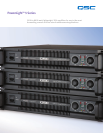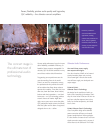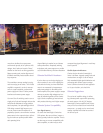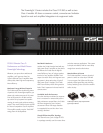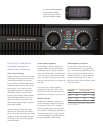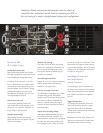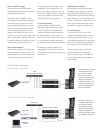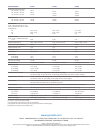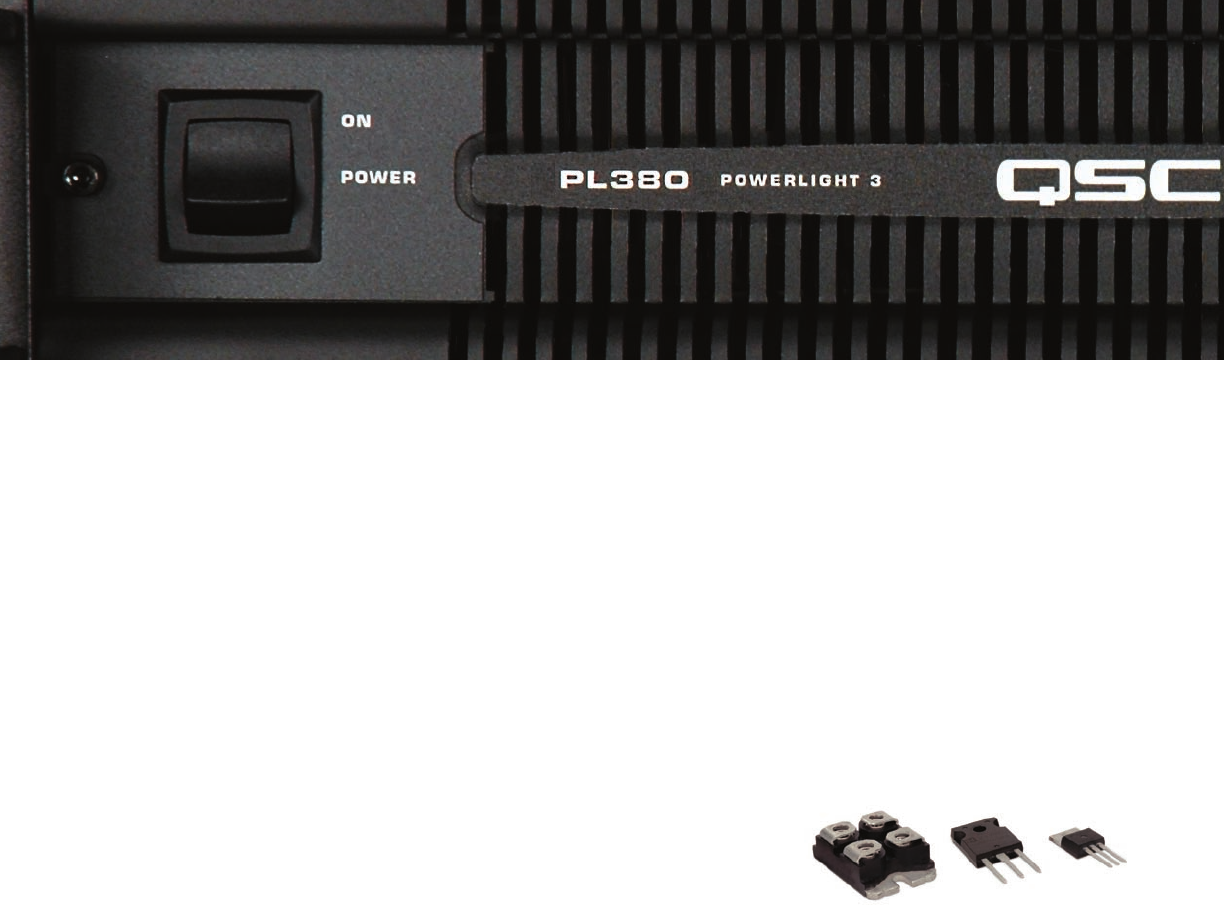
PL380: Ultimate Class D
Performance and World-Proven
PowerLight Technology
Whatever you expect from switchmode
amplifiers, you’ll get more from Pat
Quilter’s ultimate Class D amplifier. More
audio quality. More high-end transparency.
More efficiency.
Maximum Energy, Minimal Footprint
The PL380 more than doubles the power
of previous 2RU PowerLight amplifiers, yet
draws only modest amounts of AC power.
Even at full power, the PL380 converts
up to 85% of input power into speaker-
moving, air-moving and audience-exciting
output. That means half the losses and half
the heat of competitive Class D amplifiers.
This amplifier actually recycles “back EMF”
energy from the loudspeakers.
Real World Headroom
Audition the PL380 head-to-head with any
high power Class D amplifier on the planet.
We believe the PL380 has the highest
overall efficiency, from AC plug to speaker
terminal, of any amplifier available. Peak
output can reach 185V, and long-term aver-
age power is about twice that of “typical”
high power Class D designs. The PL380
won’t lose efficiency when driving reactive
loads. That’s important in the real world of
concert sound.
Unrivalled Audio Performance
From the ultra-fast modulator (its response
time is measured in nanoseconds) to the
high performance output filters, the PL380
has been designed to sound neutral,
accurate and linear. Full-range distortion
is exceptionally low, and free from “zero-
crossing” distortion.
Simply Efficient Amplifier Topology
Each channel uses a pair of large-die FETs
in a package normally used for motor drives
and other extreme applications. This system
is simple and reliable, with far more safety
margin than normal audio devices.
Massive Where It Counts
The PL380 amplifier’s immense electrical
power is carried on a four-layer PCB with
3 ounce copper. Pat Quilter and his team
patiently refined grounding and shielding
to keep switching noise out of the sensitive
audio circuitry.
The PowerLight 3 Series includes the Class D PL380 as well as two
Class H models. All share a common control, connector and indicator
layout for neat and simplified integration into equipment racks.
PL380 output device (left) compared with
typical output devices.



